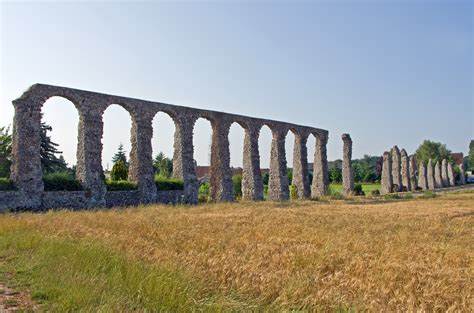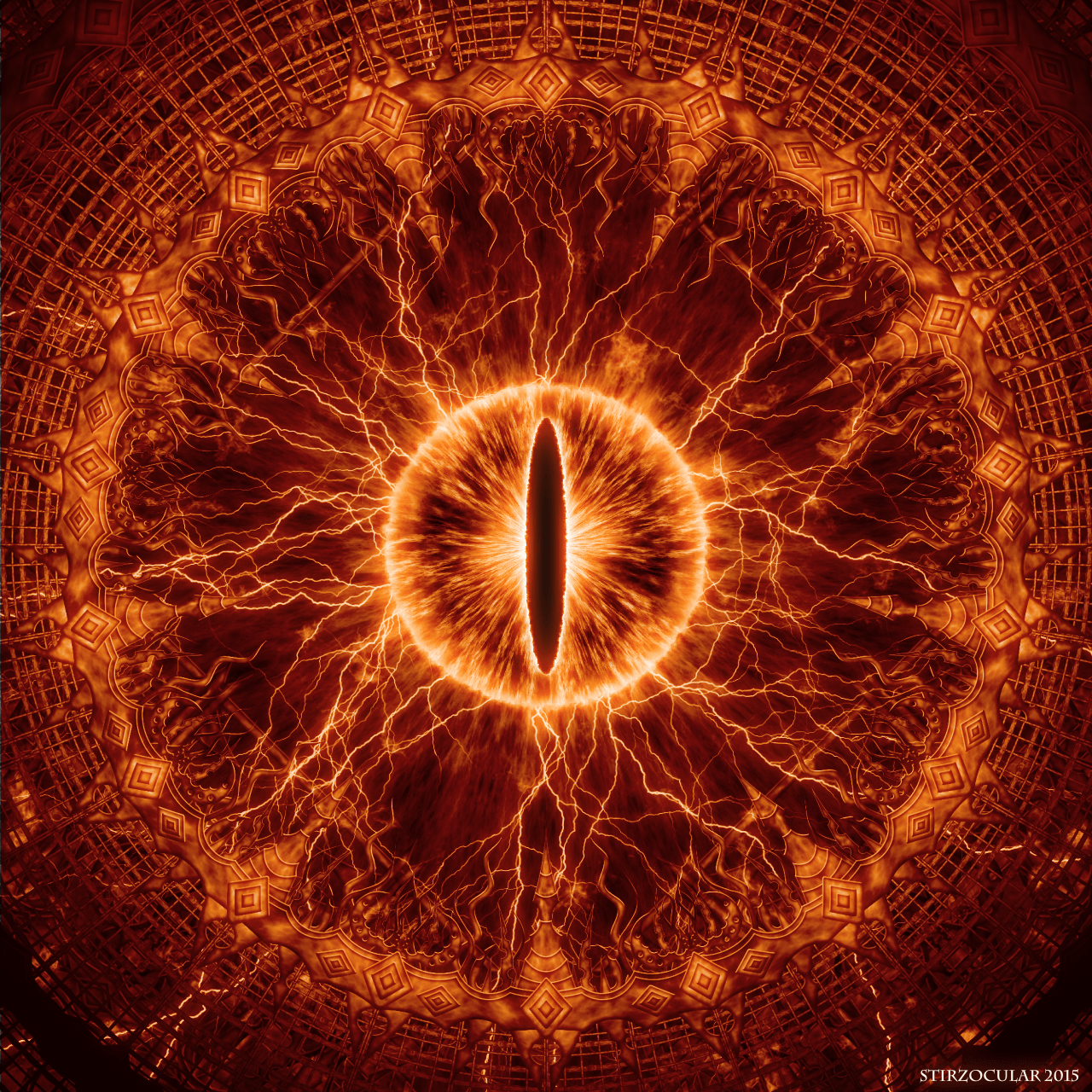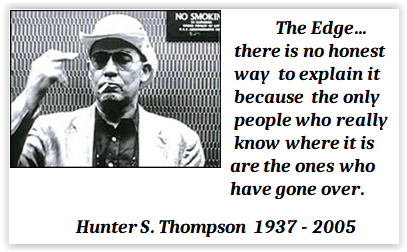(Picking up from Part I, a framing of the general question; Which came first, Good or Evil?):
The kind of heavy-handed Evil we have been describing here can not be written off as accidents of Nature, freaks or anomalies, any more than the creation of America was..
Both were created by an invisible hand…just not the same, in all logic.
We can approximate the time when a prehistoric “pagan” Good turned toward a more “civilized and advanced” Bad, around 3500 BCE, and ancient Egypt is much closer to that era than Europe. So I’ve decided to start there. The kinds of primitive people who predated the first Egyptian and Mesopotamian kings in their part of the world were still in existence in northern Europe well into the Christian era, and in the Americas up to the post-Columbian era of the 1500s, when Spanish and French first began exploring the two continents, which gives some insights as to what those cultures must have been like.
But to do so, scholars have to be able to know what the life that was reolced was like.
The agnostic argument begins: To claim God’s authority of the world, so as to be able claim that that all the ancient civilizations were born of some sort of Evil, then what was the Good they dispossessed?
I choose to begin with Egypt and Mesopotamia for there is better archeological evidence found there, for both arose at about the same time as bronze metallurgy was “discovered” around 3500 BC, and writing, albeit the stone tablet variety. Arguably, if they had used paper the paper would not have survived the centuries.
It was Napoleon, as a French Army general, before his empire days, whose army discovered the Rosetta Stone when he invaded Egypt. That stone had been chiseled in two versions of ancient Egyptian as well a Greek, in 196 BC by the Ptolemeic Greeks who had conquered Egypt under Alexander. The science of archaeology began in earnest.
So did European tourism, although back before the Ottoman Turks sacked and burned Constantinople, and turned it into the capital of the Ottoman Turk Empire in 1453, the Holy Land had become an on-again, off-again tourism and pilgrimage spot for Christians in between Crusades for about 800 years. (Once the Holy Land came under permanent Moslem control a brisk tourism business re-emerged, but only under Muslim control. So certain financial rules applied.)
It would be another half century before Heinrich Schliemann would begin looking for and excavating the city of Troy, using Homer’s “Iliad” as his principal guidepost, thus elevating Homer from an ancient poet to that of historian, but more importantly, folklorist, which plays a key part in this debate; Science vs Lore.
That is, if he ever existed. You see, there’s not a single document that can be traced directly to Homer, or even that he ever existed. (Science is just that way. But thank God they got climate science down pat.) But if he did, it’s guessed he lived in the 700-800 BC era, while the Trojan War, from the digs, is now pegged to have occurred in the last phase of the Bronze Age, from 1600-1100 BC. (Again, thank Whoever that Science is such an exact craft.
In like manner, both the Hebrew Tanakh (the Old Testament) and the Sumerian ancient written texts (in stone) have some overlap in their histories. The Hebrew texts were first written on paper around 900 BC, but relate with detailed stories, Abraham and Moses that go back to around 2700 BC and 1700 BC respectively. Sumerian stone pictograph stories go back to 3000 BC, at about the same time of the rise of the Old Kingdom in Egypt, and bronze metallurgy, which made “empire” possible, since both weapons and art objects, especially jewelry, came from that same discovery.
I chose Egypt over the other Bronze Age civilizations because it was the cause of 19th Century Europe to look upon itself as the reflected glory of those ancient people.
For one, to a man, all of Europe was part of the vast confederation of “king-systems” mentioned in Part I, as the way Satan had organized the world to be. In 1800 Western Europe especially was the manifestation of how far mankind had risen, in the arts, literature and culture, the finest of palaces and haute couture, haute cuisine, even haute bourgeoisie. There were other potentates in the east; China, India, and the Mohammedan satraps, but compared to the glitter and gold of western Europe, they were but country cousins.
Besides, Napoleon was at the head of a French invasion, who saw themselves, as they still do today, to be the crème de la crème of the 10% ruling class. America was still a teenager in knee pants, just 14 years old, and it would be another 3o years before the French nobility would reject totally the report of one its own, Alexis de Toqueville, that America offered its 90% any sort of desirable alternative to what the aristocracy had provided them.
Admiration of the great monuments of ancient civilizations:
All the great things the ancients built were never marveled at by other people. There were no guided tours from Macedonia to check out the marvels of the Nile.
The wonders of the ancient world were not really “wondered at” until the arrival of the Europeans in Egypt, although the Greeks, with Herodotus, (5th Century BCE) visited Egypt when it was already very ancient but still running in a dying sort of a way. (Another Greek, Alexander the Great, two centuries later, would conquer it, and add a Greek flavor to the architecture and furnishings of the area, and to whom we owe thanks for the Rosetta Stone.)
When most civilizations died, actually they were “thrown down”, the people who came in behind them generally tore everything down and built over the top of all that magnificence. They rarely found anything “good” in the esoteric sense, or worth marveling at in the art appreciation sense, in what they had replaced. I just read about the sack of Constantinople in the Fourth Crusade when French Christians who couldn’t launch an attack on Saladin in Egypt were diverted to the capital of Orthodox Christianity and sacked it instead. Priceless objects of history and art were simply pulled down and melted into ingots and taken back to Europe. Booty.
That’s why most of our archeological discoveries are found in ancient trash piles, and historic places like Troy, was destroyed and rebuilt (on top of each prior ruin) at least ten times, and no one is absolutely sure which level of Troy I thru X, Helen and Paris actually shacked up in.
Bottom line: It seems the magnificence of ancient civilization actually was wrapped up in a vanity Europeans have about themselves?
And a certification from the dark side of their self-esteem coin that justified their royal existence in the first place.
We know pre-Bronze Age societies could and did exist and most of them lived peaceably by unwritten tribal or clan laws that approximated a moral culture not unlike a pioneer farm community in Indiana, where survival was always paramount. We know this because Americans saw this in the American West firsthand in the 19th Century among the various Indian tribes. They shared many things in common but also were very different in some customs, from how they managed their societies, how they fed themselves, marriage. And they adapted quickly, when introduced to new tools, from metal tools, to the horse, to later guns and traps. Some tribes became warlike and predatory once they were able to access these newer tools.
A pre-Christian type of generic Good did exist for thousands of years in this world before the early civilizations arose, only we never hear much about it in this context because it was so primitive, even their thinking is assumed to have been primitive…non-complex thoughts and survival-oriented with mutual cooperation steered toward that primary objective. I.e., they didn’t think deep thoughts…sort of like college kids today who’ve had no moral or religious training at home.
In Part III we’ll try to learn about the nature of Good in a pre-Yahweh primitive, even pagan, world to settle this point as who has the greater claim to Spiritual Head of the Universe, God or Satan.







 It is said that wisdom is “the quality of having experience, knowledge, and good judgment. “ I am of the opinion that there are far more people in the world that consider themselves "lovers of wisdom" (philosophers) than there are those that actually possess it.
At her founding, the American Nation had already amassed 150 years of " national" wisdom; our first-of-its-kind Nation, built from the bottom up (as opposed to the top-down construction of every previous nation in humankind's history), and the Framers understood that the single-most-important ingredient necessary for her long-term survival was the freedom, liberty, and right to self-determination of the Sovereign Individual of which she would necessarily be comprised.
Join us, or follow along as we take a closer look at these notions.
It is said that wisdom is “the quality of having experience, knowledge, and good judgment. “ I am of the opinion that there are far more people in the world that consider themselves "lovers of wisdom" (philosophers) than there are those that actually possess it.
At her founding, the American Nation had already amassed 150 years of " national" wisdom; our first-of-its-kind Nation, built from the bottom up (as opposed to the top-down construction of every previous nation in humankind's history), and the Framers understood that the single-most-important ingredient necessary for her long-term survival was the freedom, liberty, and right to self-determination of the Sovereign Individual of which she would necessarily be comprised.
Join us, or follow along as we take a closer look at these notions.
 Vassar Bushmills
Vassar Bushmills
Another outstanding installment Vassar. This is certainly beginning to beg the question Of whether we are worse off As our generations evolve and enlighten themselves on things about which they know very little and over lessons they refuse to learn.
I remember reading “Organization Man” (1956) in college in the 60s, which defined the track of the modern Wall Steer business then toward collectivist management. Took 25 yrs for the rest of the corporate world to succumb. Business Schools teach it as gospel. …which explains the deep state philosophy, and what I call “gutter-trashery of our political class who sees themselves as the middle-man brokers of e-z money corruption. (I recommend the book, a kindle version is available at Amazon. )
The first English philosopher to speak well of the ancient pagans was Thos Carlyle, 1850s, who wrote about Odin and the Norse for their underlying “pagan” values that made their god-system noble and not barbaric and cruel (As we’ve discussed before, Tolkein used those same Norse sagas as the foundation for his Middle Earth, which was also “good” in the non-Yahwehist way.)
I think we’re just in a 3-piece business suit version of that same struggle, so do think the pre-Bronze Age tribal man is worth a second look, especially in America where he had our Indians right up to the past century, and we had historians who could chronicle their sagas and songs, while the northern Europeans, Norse and Celts, had their pre-Bronze Age extended into the 7th C AD.
That competition still exists 2-3 levesl below the technologied we’ve invented since the cotton gin.
Are you familiar with the Yazidi, a small religious sect in Iraq and the middle East? They are mentioned in the occasional news article about religious groups being persecuted by Muslims. They are then identified as devil worshippers and forgotten about.
The accusation of devil worship isn’t entirely accurate. Their creation mythos mirrors that of Christianity, including the story of Adam and Eve in the garden. The “devil” they worship is the leader of God’s angels who gave Eve a great gift. Not an apple but wheat. Wheat, representing agriculture, agriculture being the beginning of civilization and the end of the hunter-gatherer society. It puts an interesting spin on our own creation mythos.
I had never heard of that Allen… Interesting stuff. Glad to see your name here 🙂 Welcome to the old guy tree fort.
Makes sense, Allen. I’ll bet you could search the post-Babel shake-up of the world and find their origins, only by another name. Their region, and wheat, is part of the original breadbasket of civilization. That “devil” term is a misnomer, for Ol’ Clootie never chose a tribe that was “good” to do his bidding.